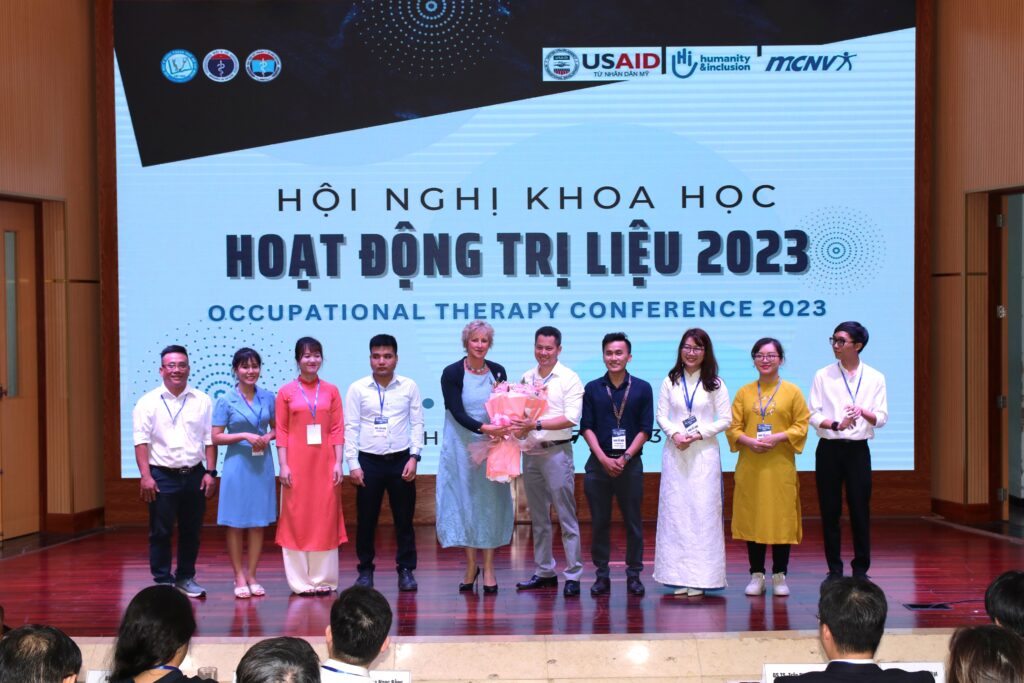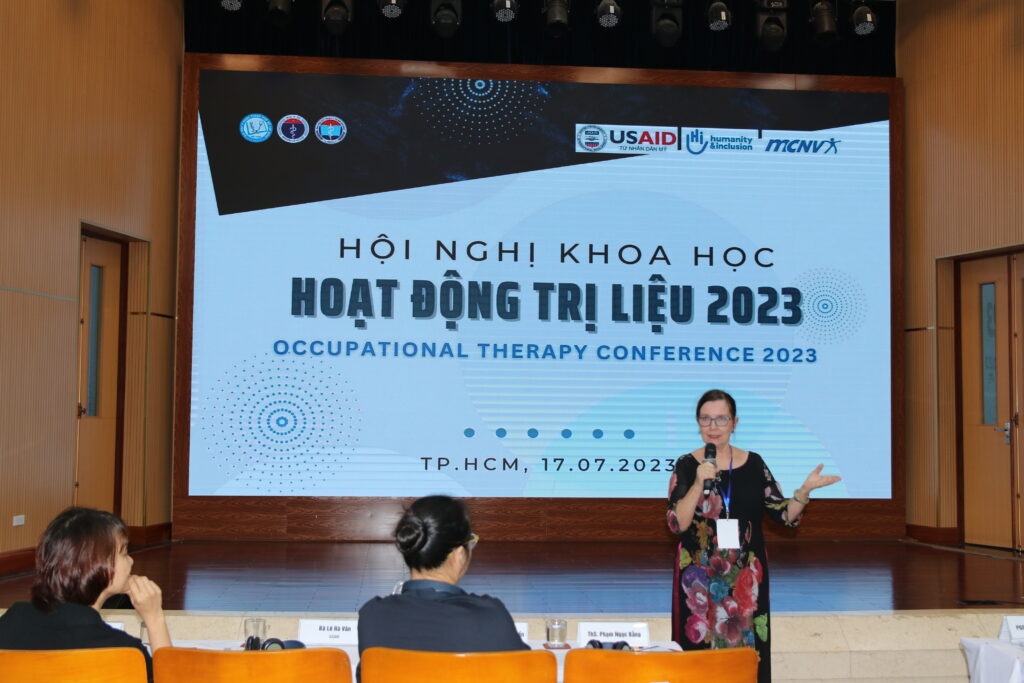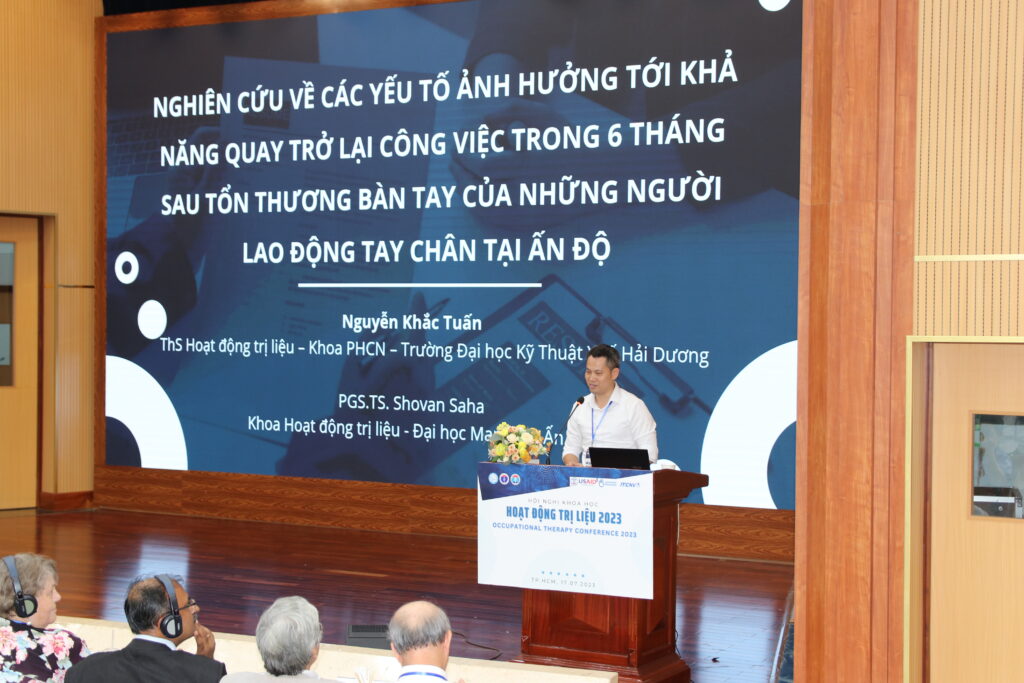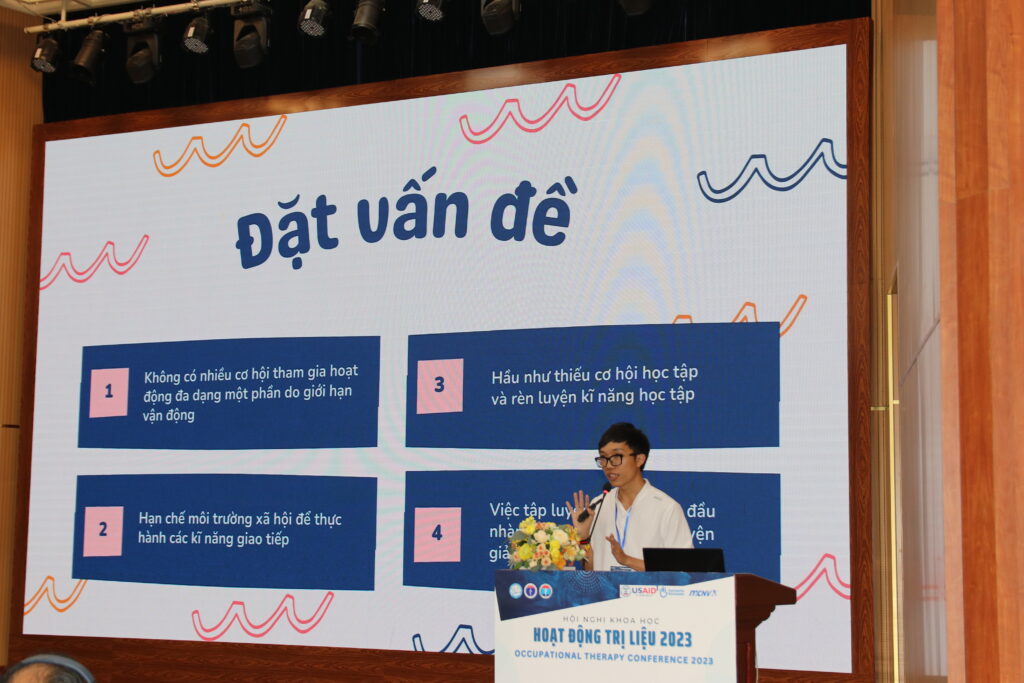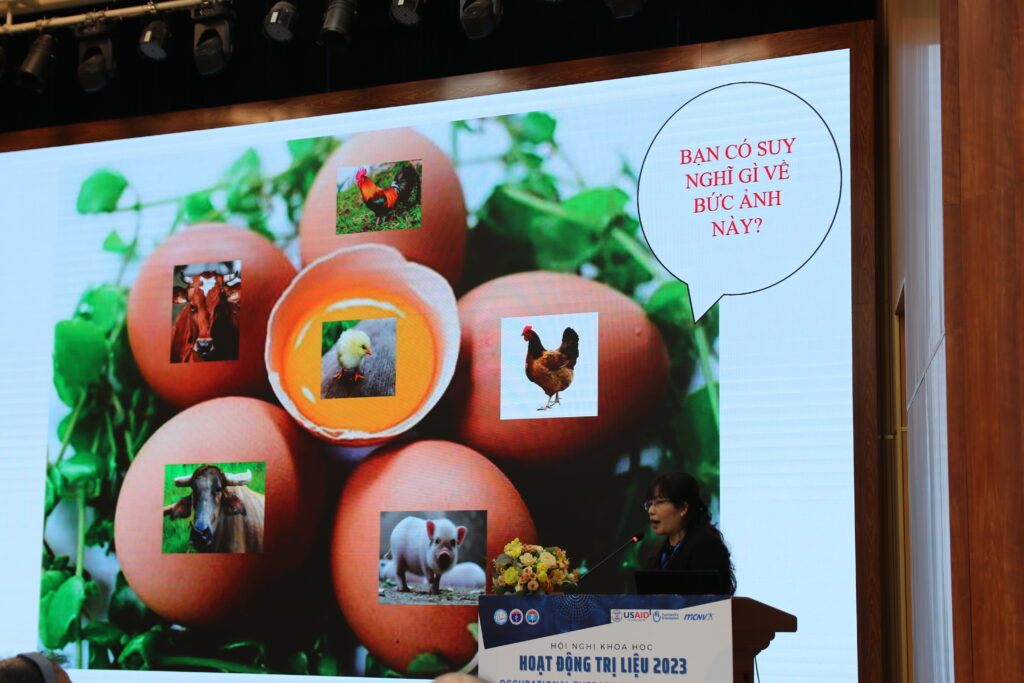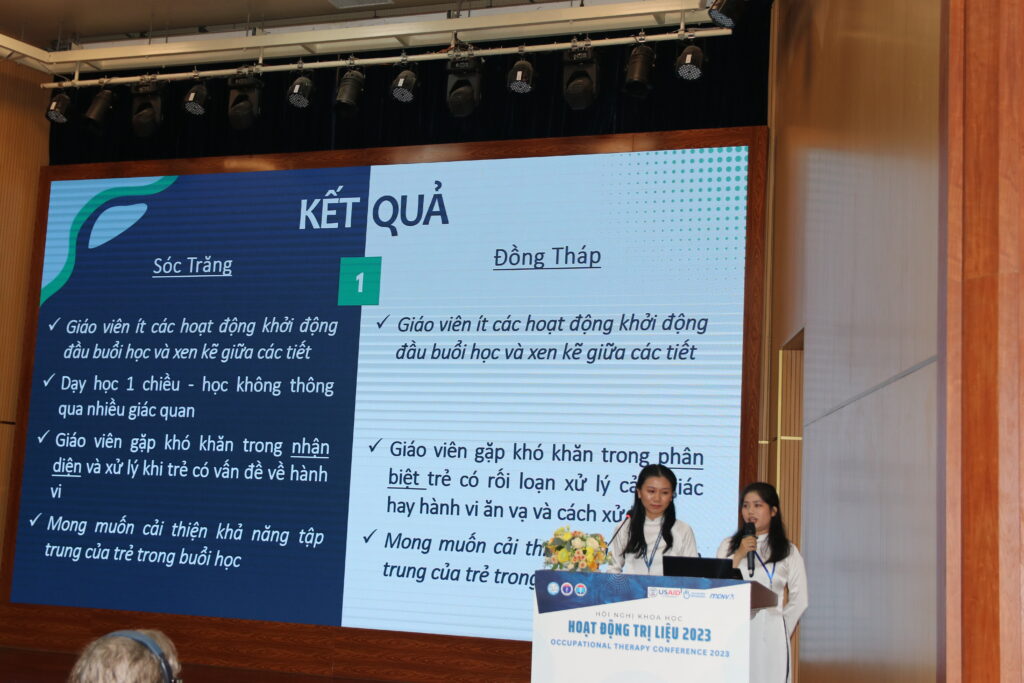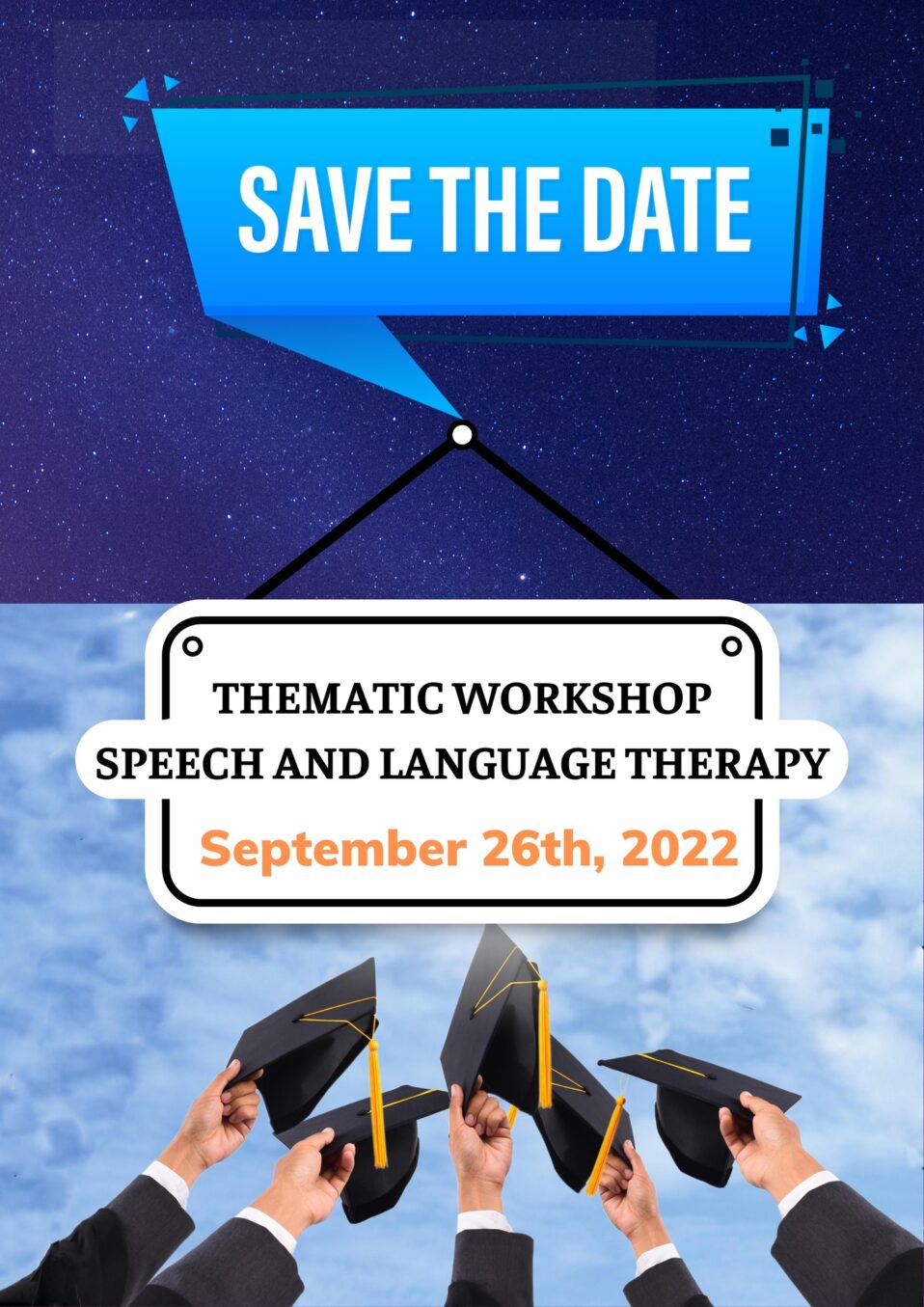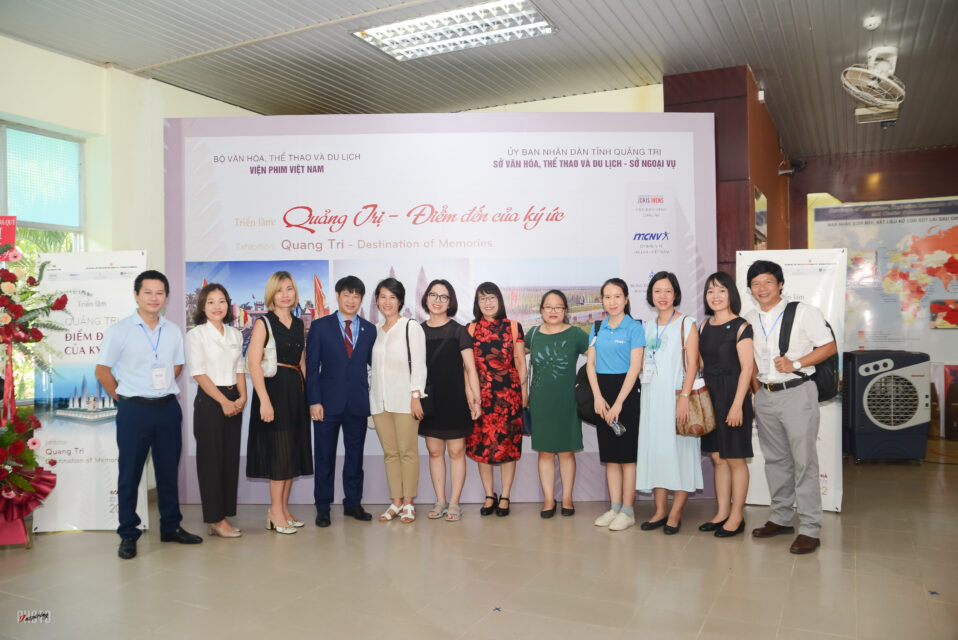Living in the embrace of forests
Writen by: FSC International
Photo by: Phan Tan Lam
Forests are an essential part of people’s lives in Chenh Venh village and Ho village, located near the rainforest-covered Viet Nam–Laos border in Quang Tri Province, central Viet Nam. Their inhabitants belong to an ethnic minority group called Van Kieu, and they have been living in and around these forests for decades. The residents of Chenh Venh village belong to the Huong Phung commune, while those in Ho village are a part of the Huong Son commune.
In November 2021, 1,561 hectares of these forests received FSC® certification, becoming Viet Nam’s first smallholder group to become FSC certified for community natural forests. In addition, three species of bamboo are certified for sustainable harvesting and product manufacturing. Harvesting any other species of timber from these forests is strictly forbidden.
Both villages belong to a group dedicated to sustainable forest management: the Association of Smallholder Forest Certification Groups of Quang Tri Province (SFCG Association). Most households are members of the village-level forest protection committees, thereby giving every member of the village a sense of belonging and involvement in matters related to the forests.
Ensuring the well-being of the forests was an integral part of their lives long before they even heard about FSC; the communities protect the forests and all life living in it from poachers, illegal loggers, and anyone who threatens the peaceful balance of nature. Why do the inhabitants of Chenh Venh and Ho villages invest time and effort in protecting and caring for the forests?
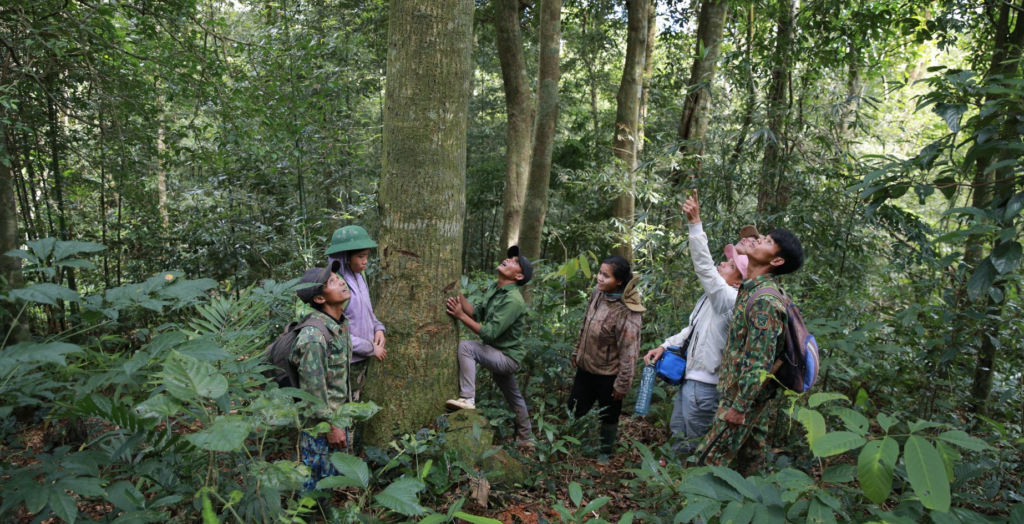
The value of forests
The culture and traditions of the Van Kieu people hold forests in high regard; they believe that once a person dies, their final resting place is in the forest. They have demarcated specific areas in the forests where they put their dead to rest. These areas are highly sacred, and no one is allowed to enter and disturb this resting place. Another cultural practice involving the forests is seen during the autumn festival. The people make offerings of food and incense to the deities residing in the forests, and ask for their blessings and protection from natural calamities.
These forests act as a watershed area for this region and sustain the stream that runs through the forest. For the inhabitants of Chenh Venh village, this source of water is very important. Paddy cultivation is their primary source of income and the water required for their crops flows through the forest. The forests also ensure that the region receives high volumes of rain to keep the river from drying up.
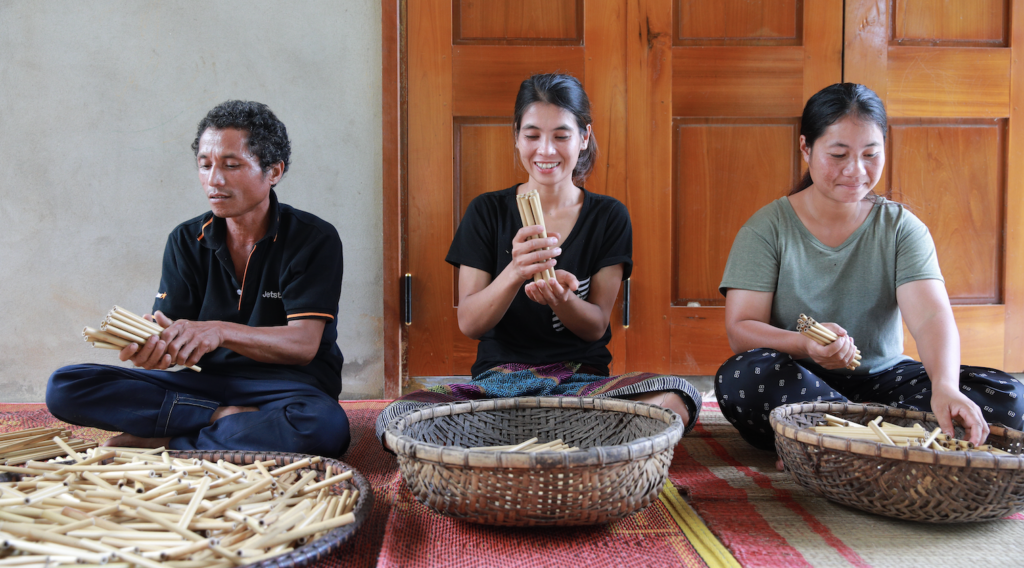
The communities share a symbiotic relationship with the forests – while they protect and care for the flora and fauna, the forests provide them with a rich variety of non-timber forest products. Sustainably harvested bamboo is slowly becoming a lucrative source of income in Chenh Venh. The communities have set up entire processing units to produce eco-friendly and biodegradable drinking straws made from a species of bamboo called Le Xanh. The stem of this type of bamboo is hollow and narrow. The stems are cut, boiled, dried, and then shaped into straws. Most bamboo products such as these drinking straws along with glasses, bowls, and small boxes are channelled through a cooperative called Nhien Thao, a Vietnamese handicraft organization that sells these items through stores such as Hoi An Roastery, its own store in Dong Ha, and online.
The region has been growing tung trees, and the oil extracted from their seeds is popular for using as a wood varnish that protects wood from insect infestation, and strengthens it. The villagers collect tung seeds and sell them to a company in Ho Chi Minh City that processes them into varnish. They also collect lime, lemongrass, and other leaves and seeds that are used in unexpected ways. For instance, the black locust seeds are used as a natural shampoo, and betel leaf extract is used for treating tooth and skin problems. Soap nuts, which are also collected from these forests, are a naturally occurring soap for bathing and hand washing. The forests are also a rich source of spices such as cinnamon, and various herbal and medicinal plants.
“We have discovered valuable resources that are abundantly available in the forests. We get food, medicines, and materials for making our houses. We don’t need to go to a pharmacy for stomach aches and soap – we get natural products directly from the forests,” said Ho Thi Xang, giggling, a young mother of two children and member of a patrol team.
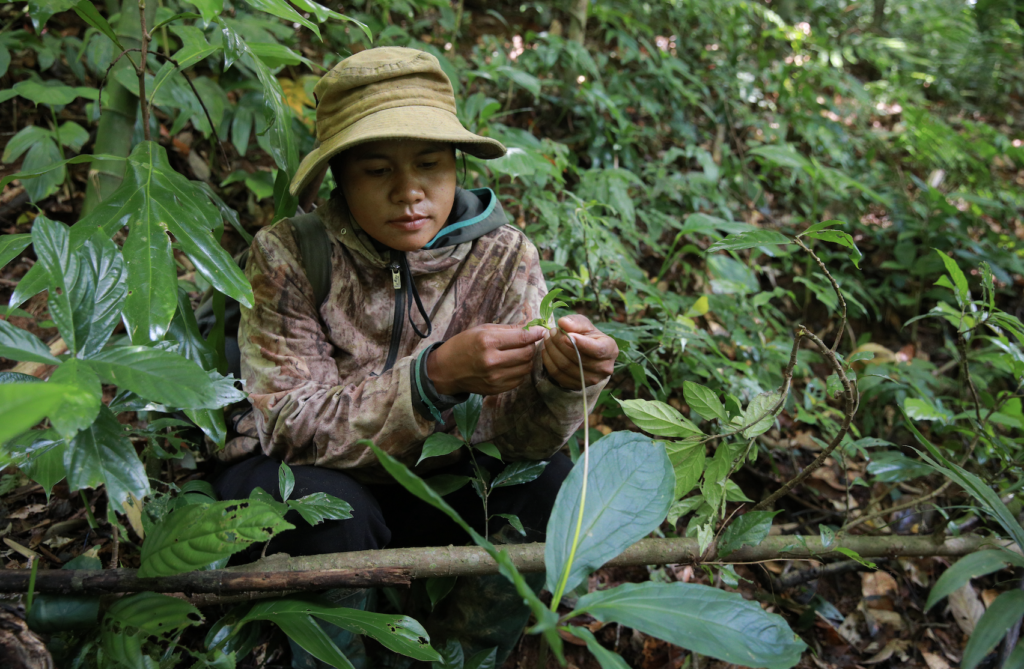
Partnering to protect natural forests
Throughout our visit, we saw time and time again that protecting the forests is taken very seriously by the Van Kieu people. Both villages have established their own well-planned schedules for patrol teams, which visit the forests three to four times a month to check on the well-being of the forests. These teams usually comprise five members, all of whom voluntarily sign up for this job even though it does not bring any immediate income. Both men and women sign up for the patrol teams.
“Forest patrols don’t seem like work to us. We feel very connected to these forests,” said Ho Xa Lang during an informal chat over tea. He is a member of a patrol team from Ho village.
Medical Committee Netherlands – Viet Nam (MCNV), an NGO working in these regions for many years, helped the villagers undergo the process of becoming certified. It started with obtaining membership of SFCG and progressed to understanding the value and benefits of FSC certification. MCNV has been working with Chenh Venh and Ho villagers to develop better and more sustainable forest management practices. These include an innovative mobile application for forest management that enables the patrol teams to upload important data about flora and fauna, in real time.

Since receiving FSC certification, the patrols have been intensified to meet the certification requirements. They have also improved data collection methods, so that audit requirements are met. The mobile application for forest management is helping them in many ways to better protect the forests. In addition, MCNV has been instrumental in providing capacity-building training to the villagers, exposing the villagers to global best practices in sustainable harvesting and forest management. Using this information, the villagers are adapting their management and harvesting practices to improve the health of their forests. MCNV has also helped the villagers to identify the economic benefits of non-timber forest products that have been procured and used for generations. With the help of internationally funded projects, MCNV is creating market links for these products.
It’s evident that the local communities cared deeply about taking care of their forests long before becoming certified. But with certification, they can access new resources to improve the practices they have already employed for generations.
“Forests give us food, medicines, and material for building our houses. They also protect the stream that provides us with water for our paddy fields and for the people in the villages. They maintain the balance in the weather and protect against landslides. And now, with FSC certification, we can make bamboo products using sustainably harvested bamboo; there is a lot of demand for such products,” said Ho Van Chien, the head of the Chenh Venh Commune Forest Protection Committee.

Future aspirations
The inhabitants of Chenh Venh and Ho villages, with the help of MCNV and funding from the European Union, are beginning to realize the tremendous value in the work they are doing and the resources they are protecting. The forests hold great significance not only for them, but for the entire world.
They are now seeking to obtain Chain of Custody Certification from FSC for all the non-timber-based products that they are learning to make – bamboo straws and other products such as penholders and glasses. FSC certification will enable them to access better markets and prices for their products. They are also hoping to achieve FSC’s ecosystem services certification, which will enable them to benefit from carbon capture and biodiversity.
The certification of these forests has thrown a spotlight on the forest management practices of the Huong Phung and Huong Son communes. Several communities from other parts of Vietnam and the region are interested in learning from them. This will potentially lead to more forest areas becoming FSC certified, thereby ensuring their sustainable management.
These forests are a great example of the power of local communities joining forces with FSC to ensure their beloved forests remain healthy and resilient, for generations to come./.
(Source: https://fsc.org/en/newscentre/stories/living-in-the-embrace-of-forests)
Education tour: Nurture the love for nature
Planting trees in an area of landslide due to the 2020 historic floods
MCNV in cooperation with the Deutsche Forstservice GmbH (DFS), Forest Science Center for North of Central Vietnam (FSCV), and Dong Ha High School organized an “Eduction on Nature and Environment” tour to MCNV’s project site in Huong Hoa district of Quang Tri province, Vietnam on the 30th of July 2022.

Thirty nine students of Dong Ha High School, accommpanied with their teachers and parents in Dong Ha city were the targets of the education tour. The program’s aim was to provide deep understanding of the value of nature including ecosystems and forests, evoking awareness of climate change, biodiversity conservation, and sustainable development, and enable the students opportunities to take actions.

“Things in here were quite totally new and strange to me”, Tran Nguyen Phi Uyen – a 17-year-old school girl confessed. “At the time I entered into the forest, I felt anxious and a bit scared of leeches and so [coyly smiling], just like many friends of mine joining in the tour. However, beside the learnt lessons of the nature and environment, I think those were good moments for us to learn to face fears and overcome obstacles.”


“I am really impressive of this education tour,” said Hoang Van Minh – Vice Principal of Dong Ha High School. “All the students live in Dong Ha city and hadn’t known about forests and life and culture of indigenous communities. Now they’ve got great experiences. As far as I know, this kind of education tour has first been organized in Quang Tri province, and we expect many more tours of this would serve a greater number of students in the coming time.”
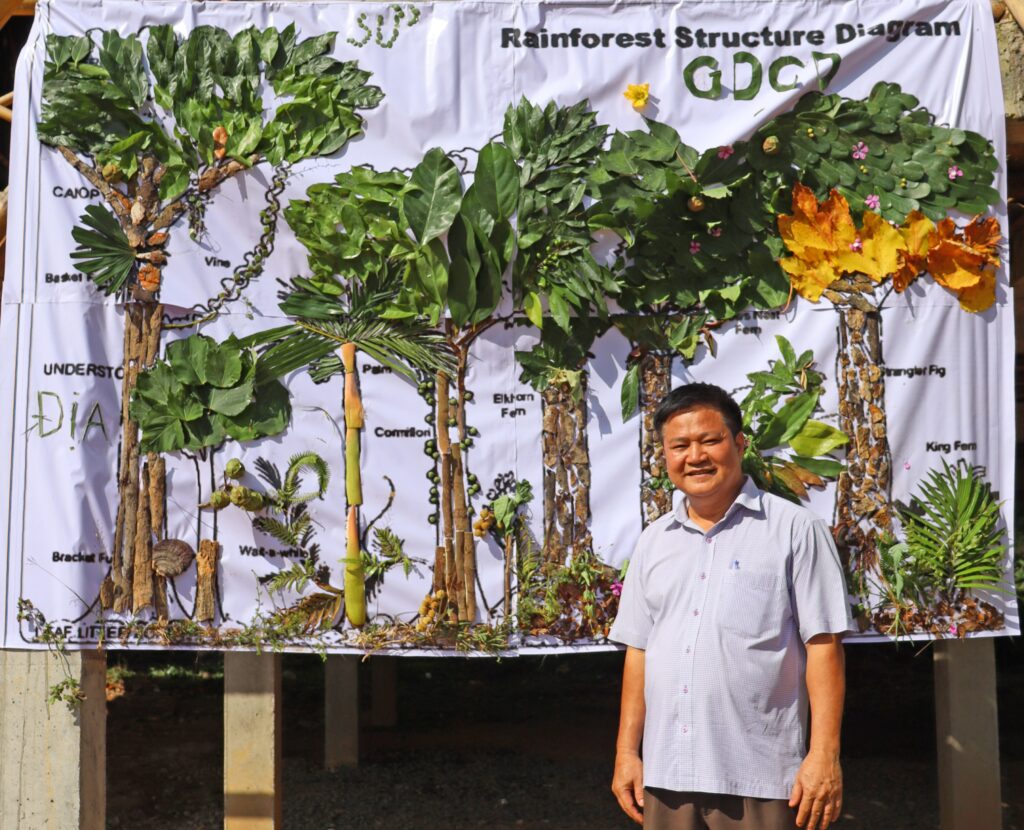
Organisations lend hand for sustainable forestry in Vietnam
Article on the Vietnam Investment Review. Author: Nguyen Dinh Dai, MCNV Chief of Central Vietnam Office
The government has recently approved a project worth $3.55 billion to develop the forestry sector in a sustainable manner in the 2021-2025 period. This legal framework aims to reduce greenhouse gas emissions and contribute to the implementation of Vietnam’s net-zero commitments.
To achieve the targets, the forestry sector and local government require strategic implementation and good practices in the field. This will be carried out through partnerships with donors such as the EU, the US Agency for International Development (USAID), WWF Vietnam, and MCNV.
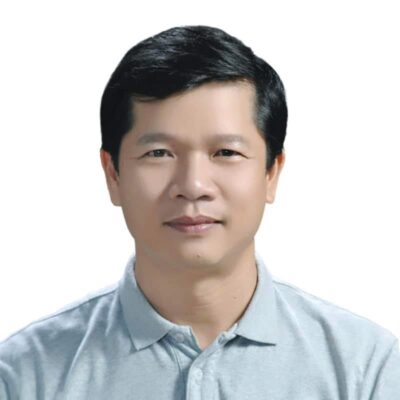
The province of Quang Tri has created strategic results in sustainable forestry development thanks to the support from international organisations, and there are already many interesting stories regarding this.
One regards promoting market links on non-timber forest products (NTFPs) between smallholders and enterprises. Nhien Thao is a local enterprise in Quang Tri province that produces natural-based products such as shampoo, floor cleaning liquids, and dishwashing liquid. NTFPs including soap, black locust seeds, and essential oils are key raw materials for the production of the enterprise.
Currently, Nhien Thao is collaborating with about 150 smallholder forest owners in supplying NTFPs with a value of about $75,000 annually. These smallholders are managing hundreds of hectares of natural forest where they can harvest different kinds of NTFP such as soap nuts, black locust seeds, pomelo, and limes. The enterprise is planning to expand its business and network with smallholders.
In April 2022, the enterprise was awarded the prize of best natural business solutions by the New Generation Plantation and WWF Vietnam. This is a win-win business model for the smallholders and enterprises in contributing to sustainable forest management.
Another example is the long-rotation plantation for tung oil production. It is estimated about 1,500 tonnes of dry tung oil seeds are harvested annually with a value of $650,000 in Quang Tri province. Since 2020, the PROSPER project (on promoting sustainable partnerships between civil organisations and enterprises for sustainable forest management in the context of climate change), co-funded by the EU and MCNV, has supported smallholders in planting about 300ha of tung oil plantation mixed with indigenous species in Quang Tri province.
Tung oil plantation has contributed to forest protection and annual income for smallholder forest owners from harvesting tung oil seed.
With the support of the USAID, the provincial Department of Agriculture and Rural Development is planning a 5-year strategy for tung oil plantations. This model will contribute directly to annual income for smallholders, increasing forestry cover ratio and carbon capture from the long-rotation of tung oil plantations.
Within the PROSPER project, for the first time in Vietnam, two natural forests of smallholders in Huong Hoa district have earned FSC certification on sustainable forest management, in which three bamboo species are certified FSC. In 2022, the project targets to achieve certification for carbon capture, bio-diversity, and rattan.
By December 2020, about 20,000ha of natural forest had been allocated to smallholders in Quang Tri province, in which around one-third received the Payment of Forest Environment Service for forest protection. The rest of the forests are protected voluntarily by smallholder forest owners. The piloted model on FSC-certified ecosystem services offers potential for smallholder forest owners in accessing payment mechanisms for forest ecosystem services and the high-value market of NTFPs of FSC-certified rattan and bamboo.
This association of smallholder forest certification was established in 2014, supported by WWF Vietnam. The association is a representative for smallholder forest owners in FSC certification for acacia plantations and has been a link between IKEA suppliers and smallholder forest owners in supplying FSC-certified wood.
In 2020, under the support of PROSPER, for the first time, the association recruited new natural forest owners as members. This achievement brought a new direction in promoting sustainable forest management of smallholders in both plantations but also the natural forest.
Quang Tri province is considered one of the pioneers in sustainable forestry development strategies. The concrete practices in the field are significant to show scaling up in the aspect of implementing the programme on sustainable forestry development until 2025./.
Source: https://vir.com.vn/organisations-lend-hand-for-sustainable-forestry-in-vietnam-95585.html?fbclid=IwAR00os4tgFue4aBlLtiOmVln0BV8nHRFJBNlgkkiB9Mp3j7HFpK0Rfk_t9I
“Quang Tri, Aspiration of Peace” event
MCNV’s long-standing ties with Quang Tri province were highlighted in the event “Quang Tri, Aspiration of Peace” co-organized by the Vietnam Film Institute, Quang Tri provincial Department of Culture, Sports and Tourism, Department of Foreign Affairs and several organizations including MCNV.

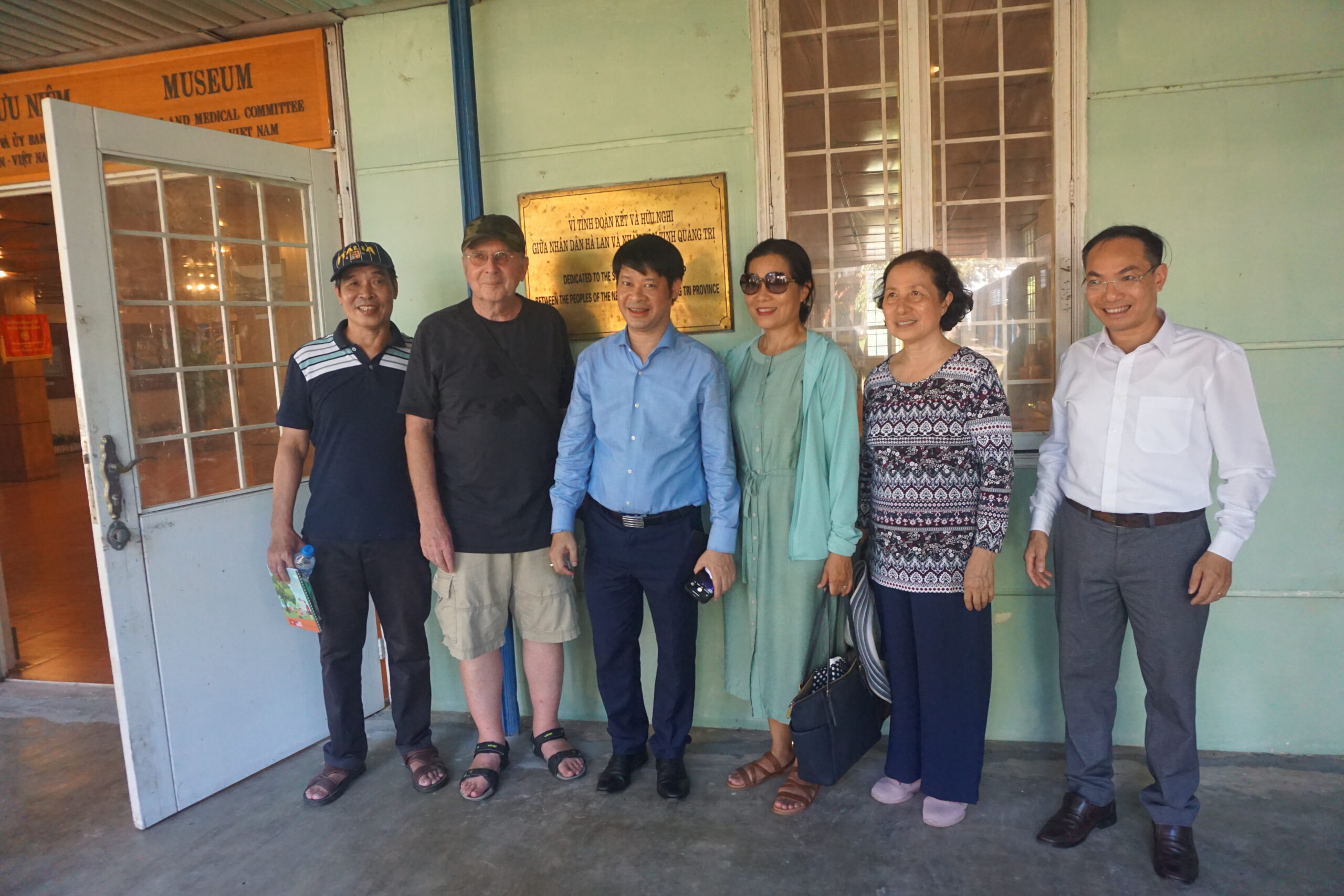
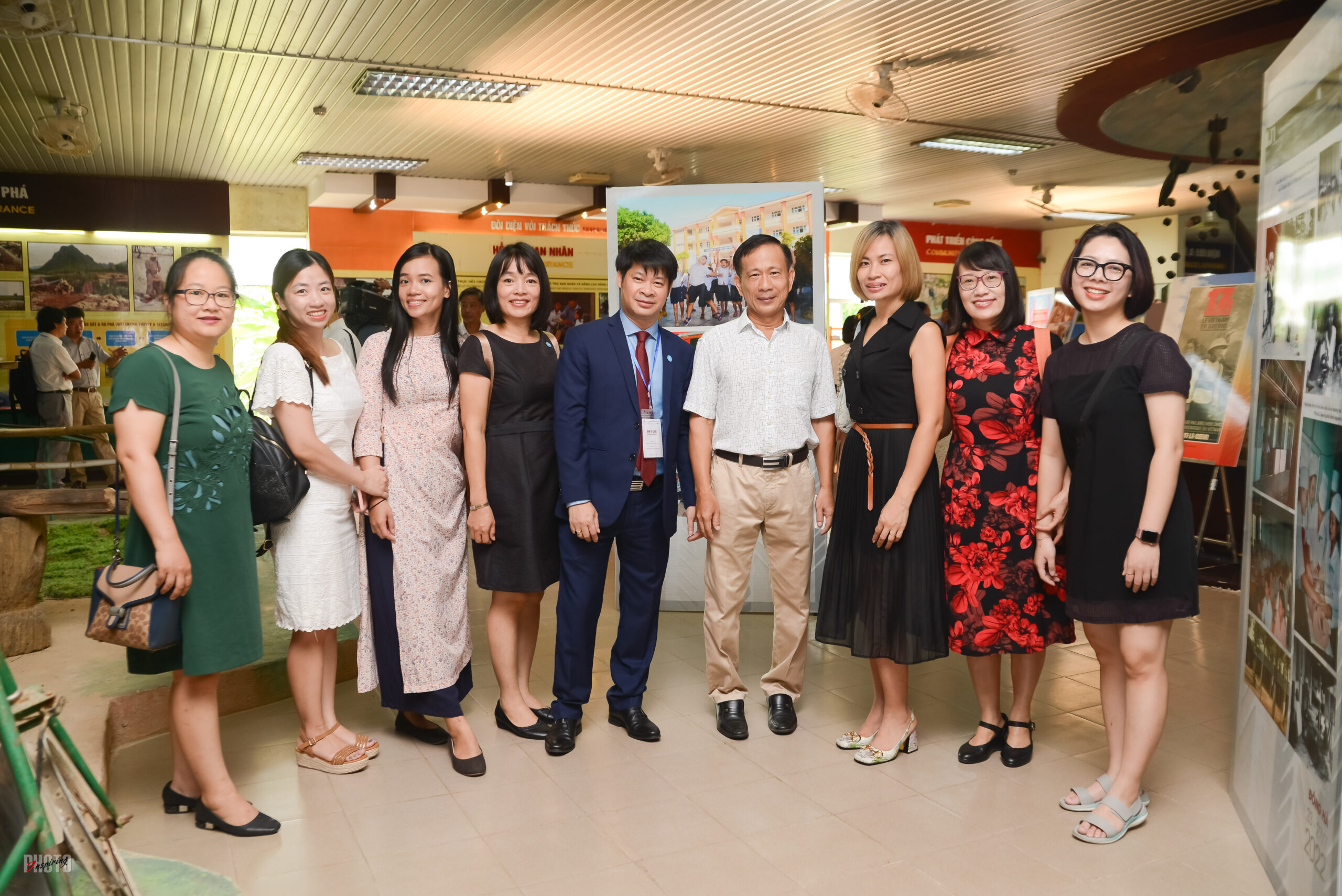
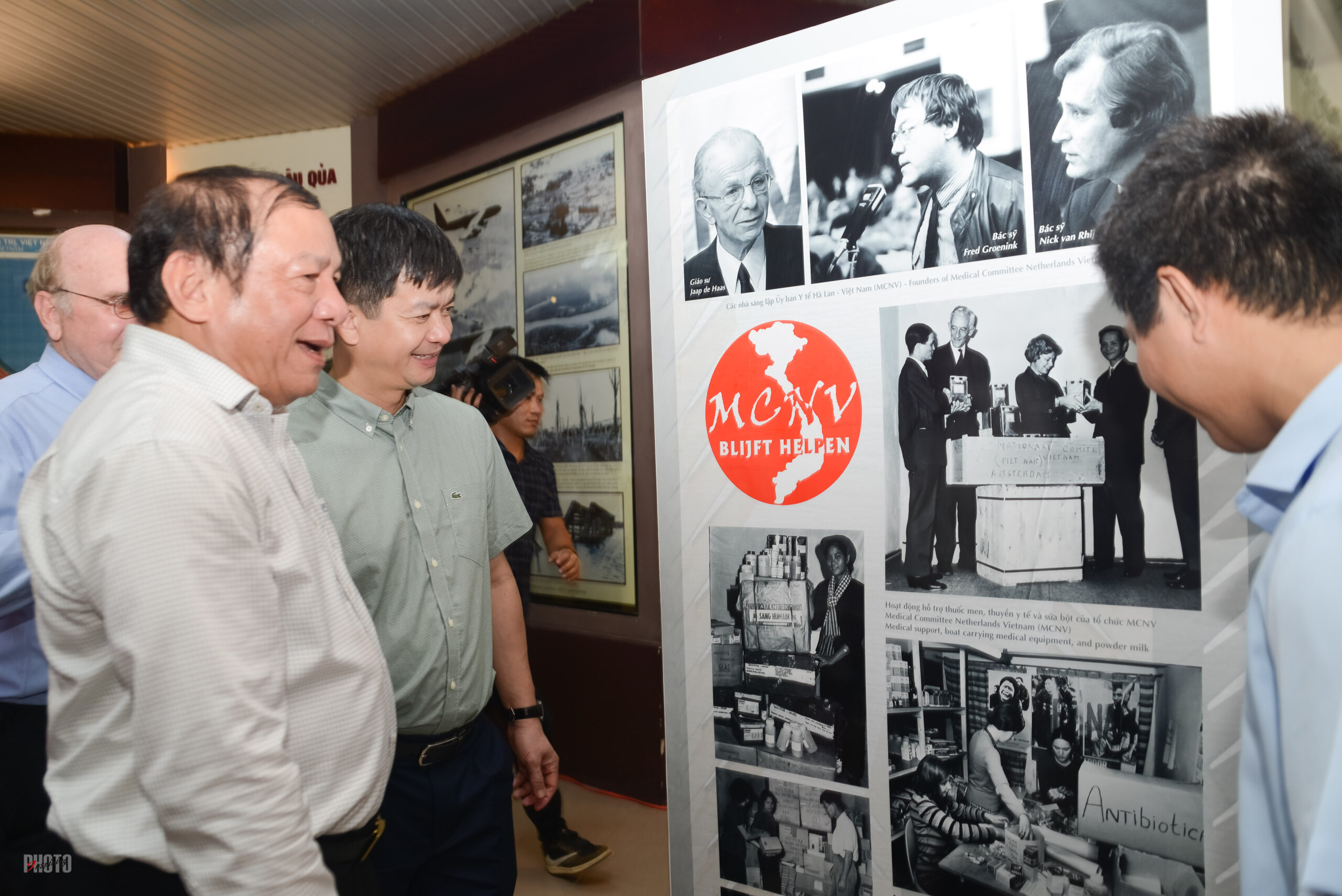


MCNV Country Director Pham Dung speaks at the event

MCNV Country Director Pham Dung and Former Ambassador of Vietnam to the Netherlands (tenure 2017-2020) Madam Ngo Thi Hoa
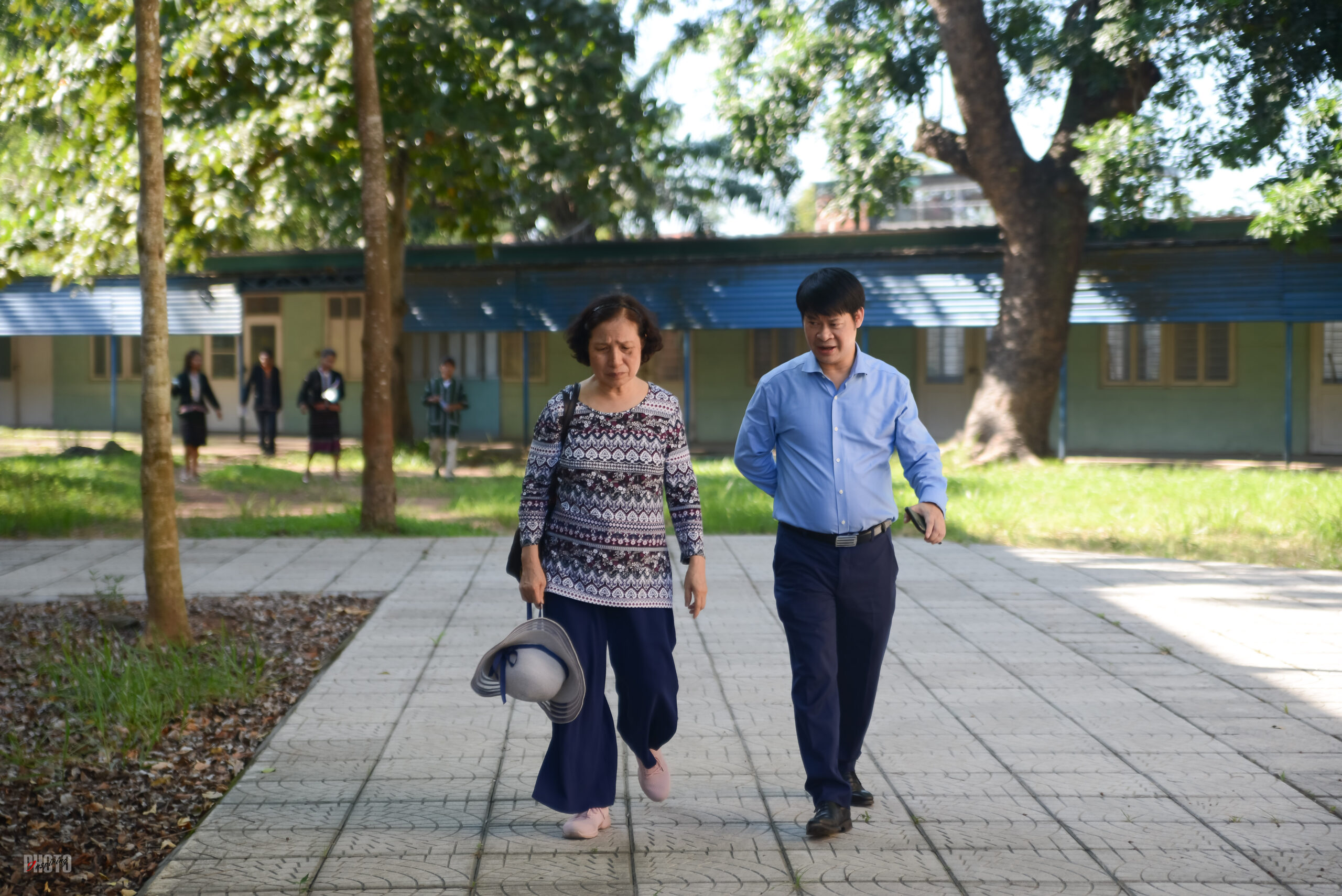
MCNV Country Director Pham Dung & Former Ambassador of VN to the Netherlands (02-06), Madam Dinh Thi Minh Huyen
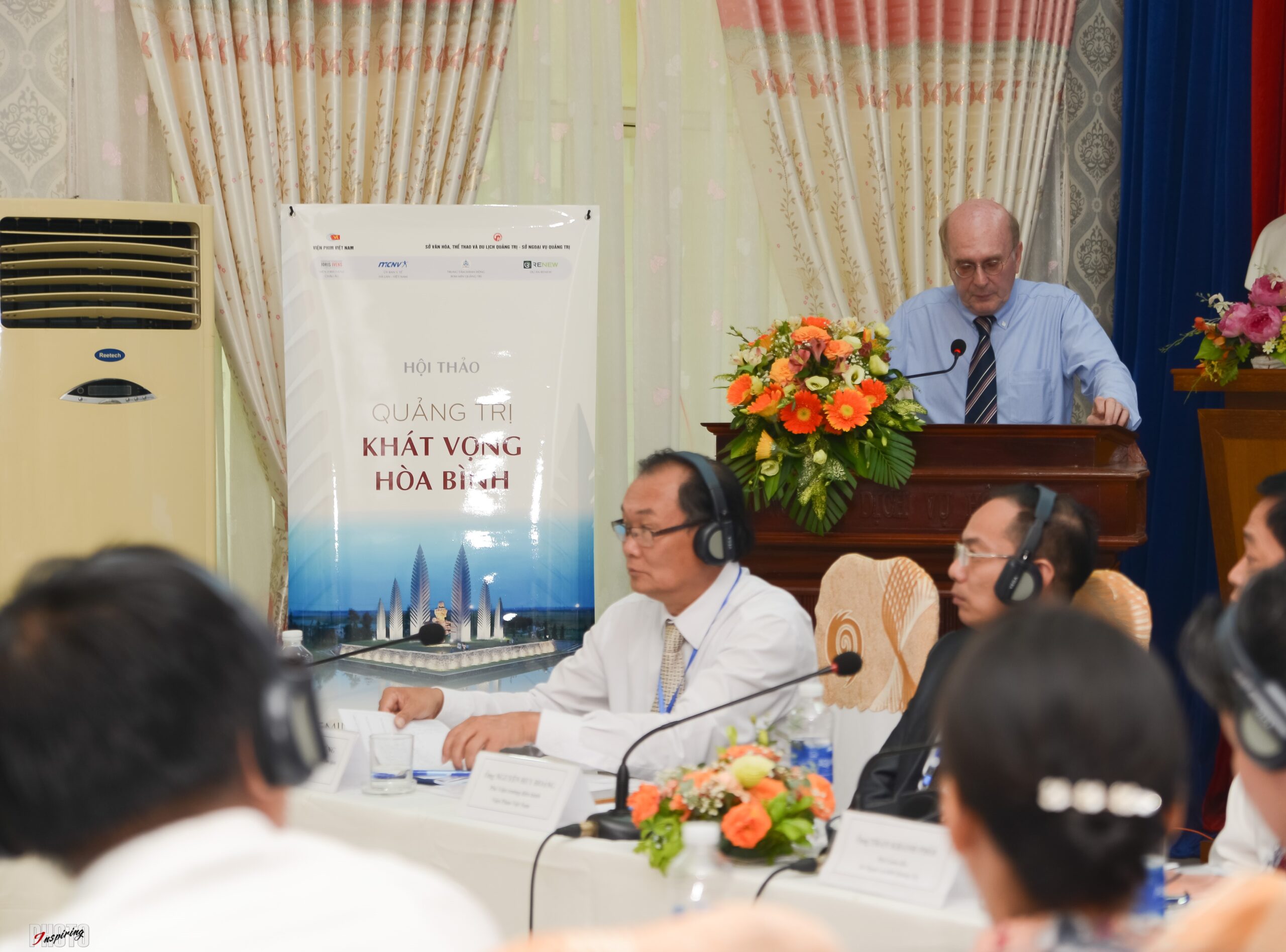
MCNV’s former volunteer, former FAO Representative in Vietnam, Mr.Ad Spijker speaks at the dialogue.
The exhibition was attended by Minister of Culture, Sports and Tourism Nguyen Van Hung; Secretary of the Quang Tri Provincial Party Committee Le Quang Tung and a number of former ambassadors, representatives of the Vietnam Film Institute as well as veterans, war correspondents, cinematographers, historical researchers, and film researchers.
About 200 photographs, panels, and artifacts were featured in the exhibition, reflecting the resilience of local people and international solidarity to Quang Tri during the war as well as the humanitarian assistance from the international community to address the war legacy issues and as the development of Quang Tri nowsaday.
The photos, posters and artifacts are categorized into four themes “Quang Tri recollections”, “International Solidarity for Quang Tri”, “Overcoming the challenge of postwar unexploded ordnances in Quang Tri” and “Quang Tri – A Safe and Friendly Destination.”
Various precious photos capturing MCNV’s assistance for Quang Tri, including the donation of medical supplies from the Netherlands to Vietnam during the war, the building of Dong Ha hospital, capacity building for health workers during the postwar period, were displayed under the theme “International Solidarity for Quang Tri”.
According to MCNV Country Director, Mr.Pham Dung, nowadays, MCNV is honored to be able to link up the support of international friends, including the Dutch, the European and American people with the Vietnamese people in the new context of development and affirmed the commitment of MCNV to the cause of sustainable of Vietnam and Quang Tri in particular in the time to come./.
WWF’s trip to PROSPER project site
On a native forest nursery of Son Nguyen Cooperative
On the 18th on June 2022, a delegation from WWF-UK and WWF-Vietnam paid an exposure visit to the sites of the “Promoting Sustainable Partnership between CSOs and Enterprises for Sustainable Forest Management in the Context of Climate Change” (PROSPER) project co-funded by the EU and MCNV in Huong Hoa district of Quang Tri province.
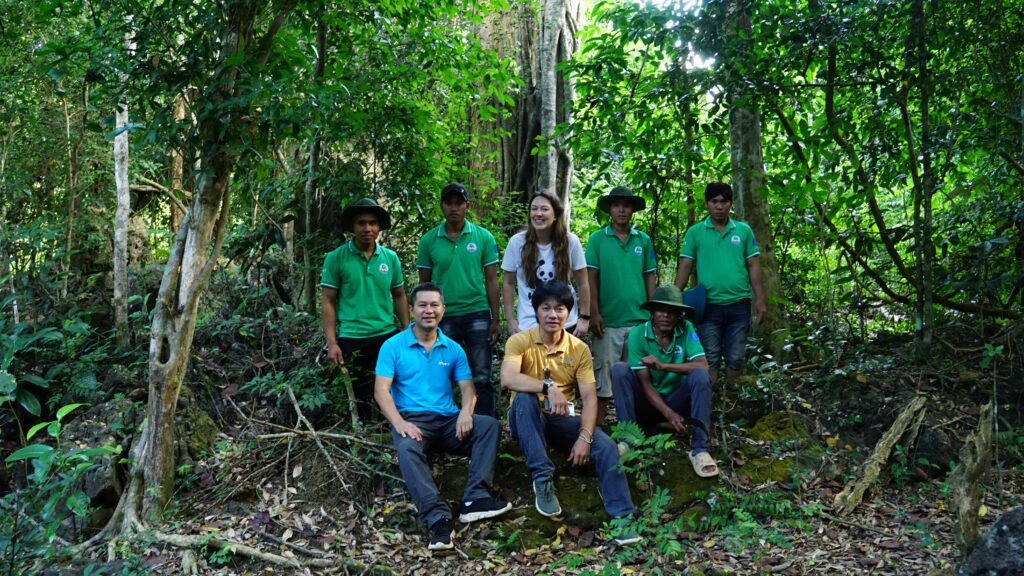
The visiting program was to reinforce the implementation of the Cooperation Framework Agreement dated the 15th of December 2021 between MCNV and WWF for PROSPER and Projects/Programs under Forest Practice of WWF-Viet Nam in Central Annamites Landscape (CAL).
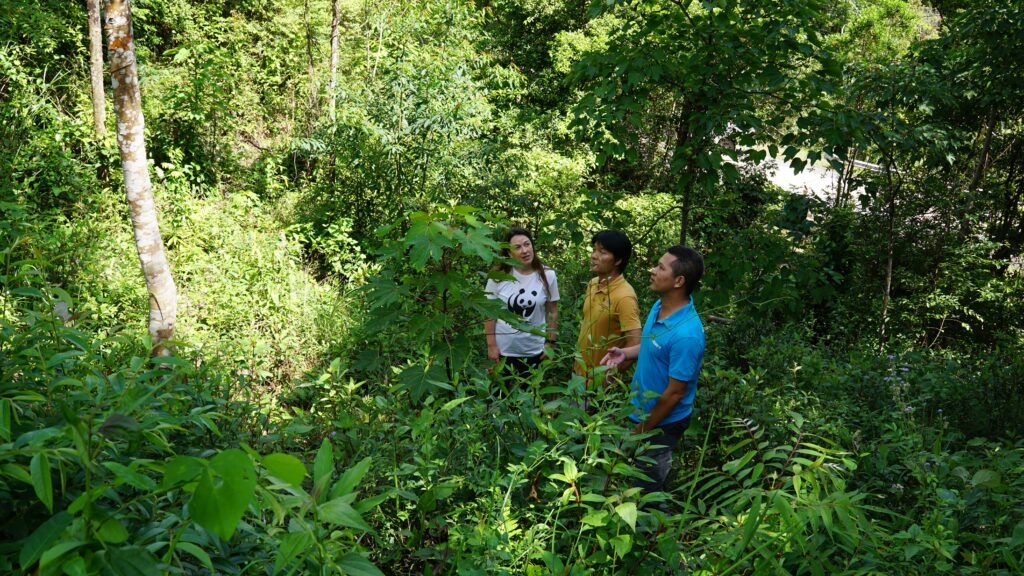
By synergizing bilateral resources to make greater contributions to sustainable forest management, the Agreement focuses on the following areas: (i) Improving and maintaining the FSC® forest certification system of Association of Quang Tri’s Smallholder Forest Certification Groups (SFCGs); (ii) Promoting market linkages between smallholders and processing companies in relevant supply chains such as FSC certified bamboo and rattan, and other NTFPs; (iii) Supporting in potential business models for developing the bankable projects on bamboo, medica herbs and so, to access to the Dutch Fund for Climate and Development (DFCD) and Landscape Resilience Fund (LRF); and (iv) Developing project proposals on forest restoration by planting native species and non-timber trees for climate resilience while enhancing the livelihood of local people, etc./.
Exposure visit to PROSPER project sites for designing Education Tour on Nature and Environment
Delegates talking with an ethnic coffee producer on his agro-forestry farm
On the 14th of June 2022, a joint delegation of Gesellschaft für Agrarprojekte (GFA) Consulting Group, Deutsche Forstservice GmbH (DFS) and Forest Science Center for North of Central Vietnam (FSCV) paid an exposure visit to the PROSPER project sites co-funded by the EU and MCNV in Huong Hoa district of Quang Tri province, Vietnam.
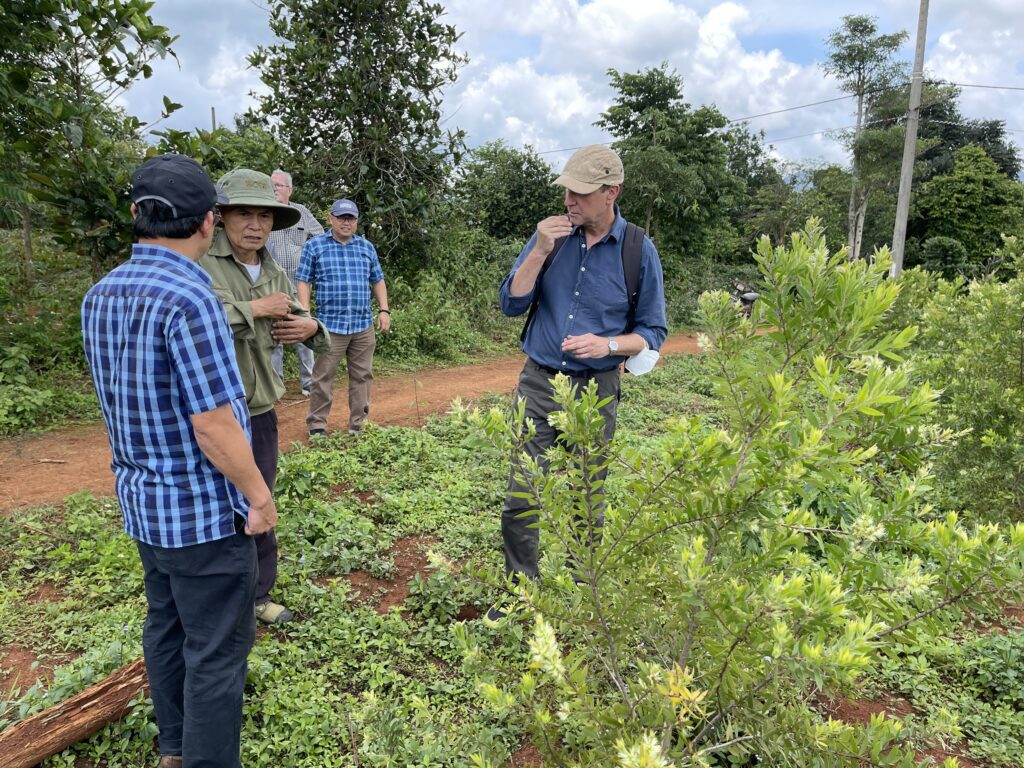
The delegates visited agro-forestry coffee models, investigated material areas of non-timber forest products, and joined in an experience tour to tourist destinations in Chenh Venh village of Huong Phung commune, which has been recently known as Vietnam’s first-ever FSC® certified natural forest managed by the community.
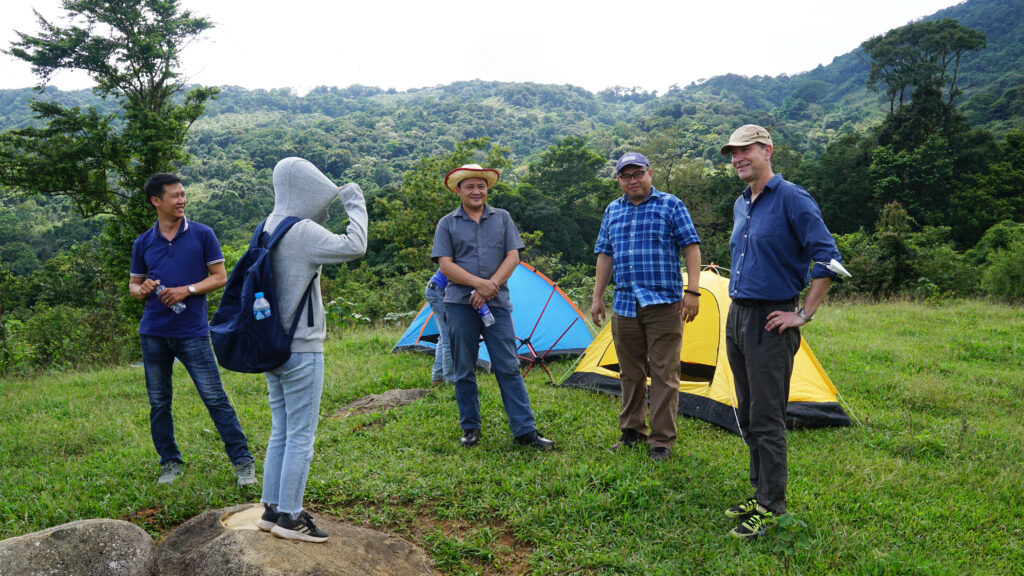
The purpose of the visit is to assess the possibility of designing and implementing a tourist service on nature and environmental education attached with sustainable forest management in the area. The trip was expected to usher in new opportunities for exploiting the strengths and potentialities of the local, particularly community-managed eco-tourism./.

![[Eng Sub] The Gift of Change [Eng Sub] The Gift of Change](https://mcnv.org/wp-content/uploads/2024/05/thumbmail_co-chien.png)



